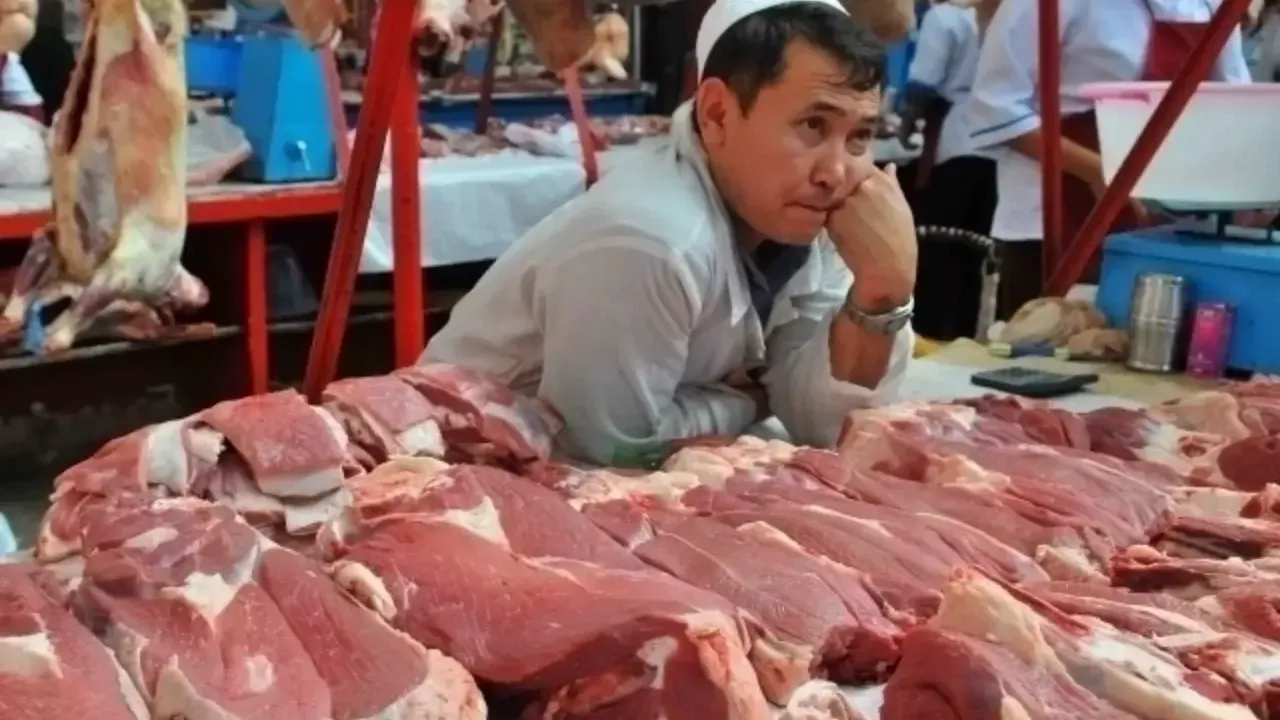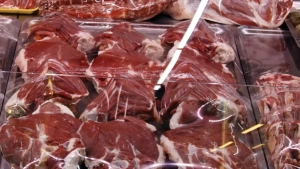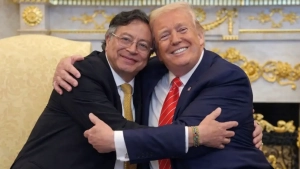Meat Export and Smuggling in Kyrgyzstan Controlled

The head of the Kyrgyzstan State Tax Service, Almambet Shiqmamatov, announced that he cannot forgive the debts of individuals who mass-purchased certificates for cattle and exported them to Uzbekistan. This was reported by Zamin.uz.
He spoke about this at the meeting of the Budget and Fiscal Policy Committee of the parliament held on September 15. According to Shiqmamatov, deputies considered the issue of canceling many farmers' debts during the summer of this year.
The deputies requested to forgive the debts of farmers engaged in livestock activities who have large debts and to exempt them from taxes. The State Committee for National Security conducted inspections in the Alabuk, Jalal-Abad, and Batken regions due to the sharp increase in meat prices.
As a result of the inspections, the Deputy Minister of Agriculture and other government officials were arrested. Additionally, all company heads involved in these schemes were also detained.
Shiqmamatov emphasized that these individuals mass-purchased certificates from the Ministry of Agriculture department and exported them to Uzbekistan. There is no forgiveness available for them.
The head of the State Tax Service stated that it is impossible to exempt these individuals from taxes or interfere in the investigation process. Recently, meat prices in Kyrgyzstan have increased by 15-20 percent.
This situation may create difficulties in meeting the population's demand for meat products. The price increase is mainly related to the growth in the volume of livestock and meat product exports.
The large-scale export of live animals and meat abroad reduces the supply in the domestic market, causing prices to rise. Furthermore, illegal export of livestock products, i.e., smuggling, continues at the borders.
This process occurs outside official control, further complicating the problem. The rise in prices of feed products, especially fodder and hay, increases the cost of livestock breeding and raises producers' expenses.
As a result, meat prices continue to rise. The large number of intermediaries in the market is also a significant factor.
They store meat in warehouses and try to gain more profit by creating artificial scarcity. Seasonal demand increases, especially during the winter months and before holidays.
Changes in the exchange rate lead to higher costs for imported feed, medicines, and equipment. All these factors disrupt price stability and force the government to take prompt measures.
Earlier, the Ministry of Water Resources, Agriculture, and Processing of Kyrgyzstan introduced state control over meat prices for an indefinite period. This measure aimed to prevent a sharp rise in meat prices, control the import and export of livestock at the border, and impose quantitative restrictions on exports.
Relevant services were given clear instructions to continuously monitor meat prices and combat smuggling.







